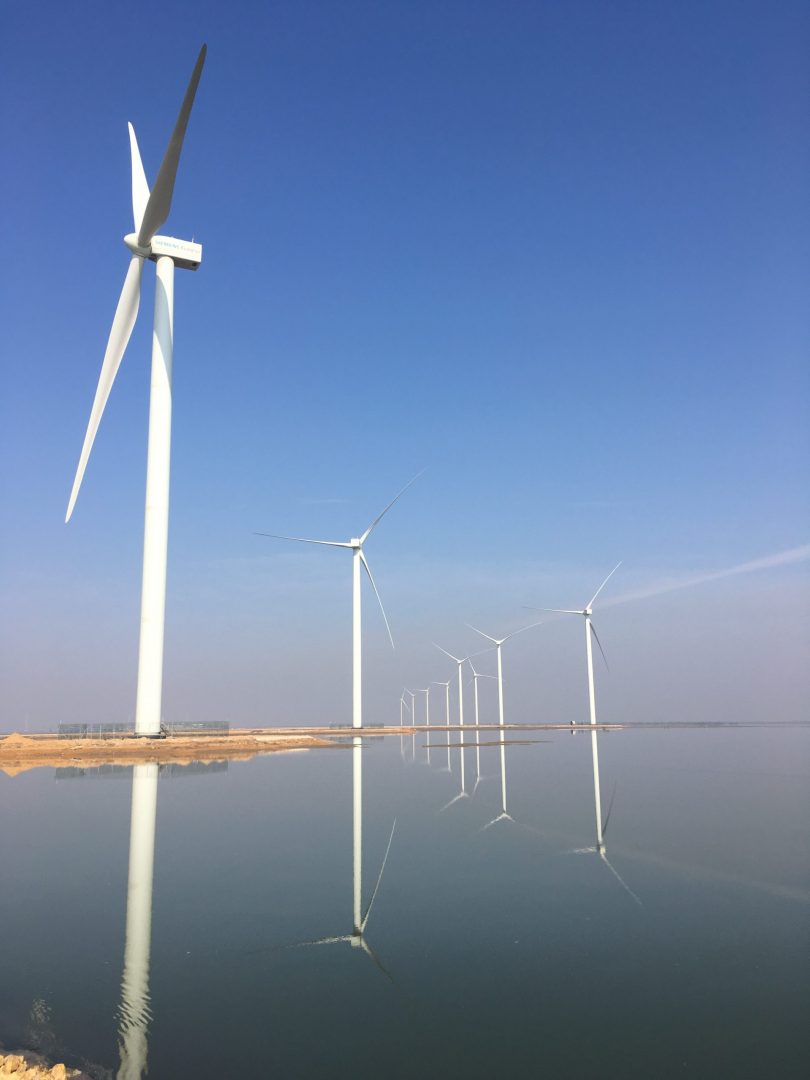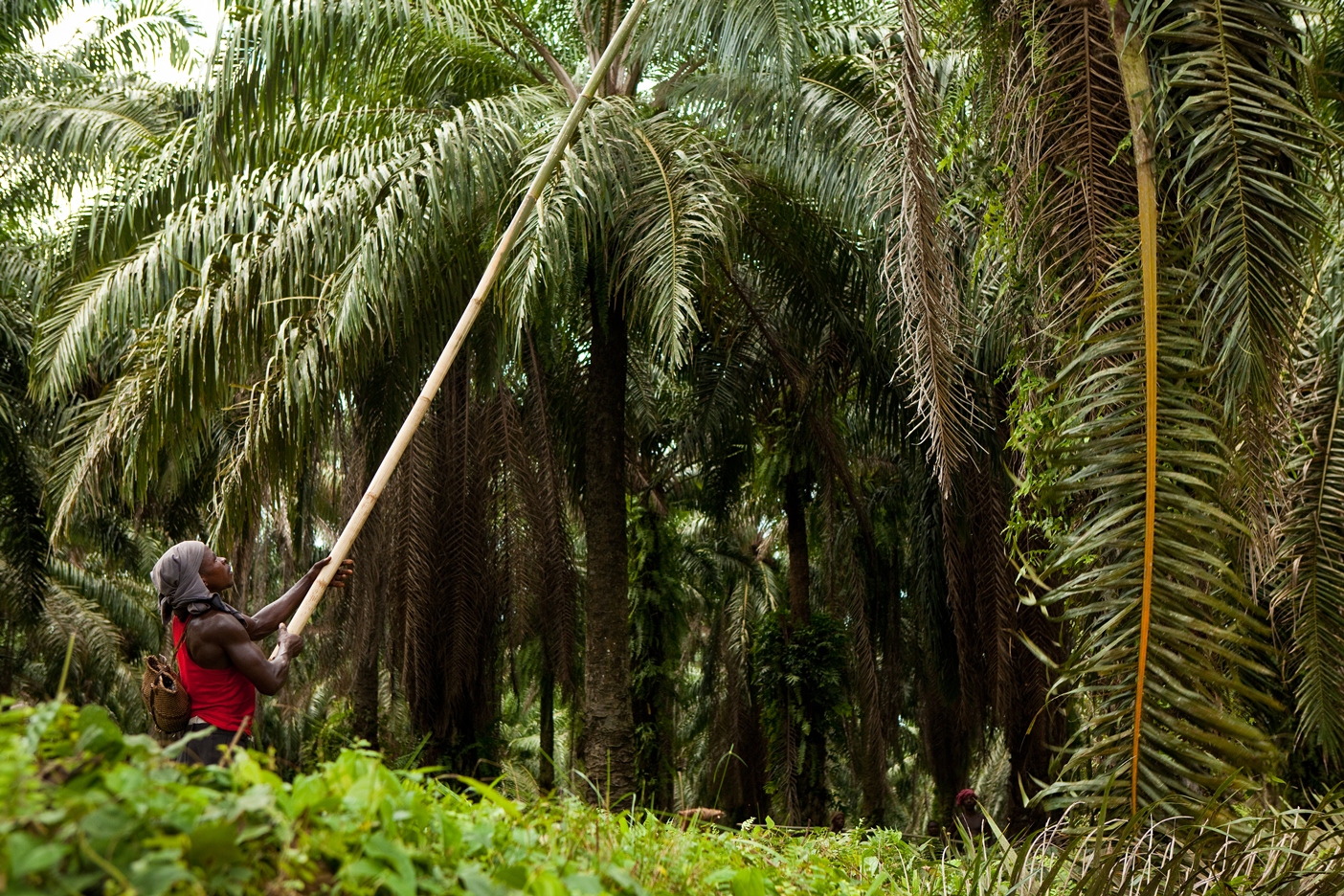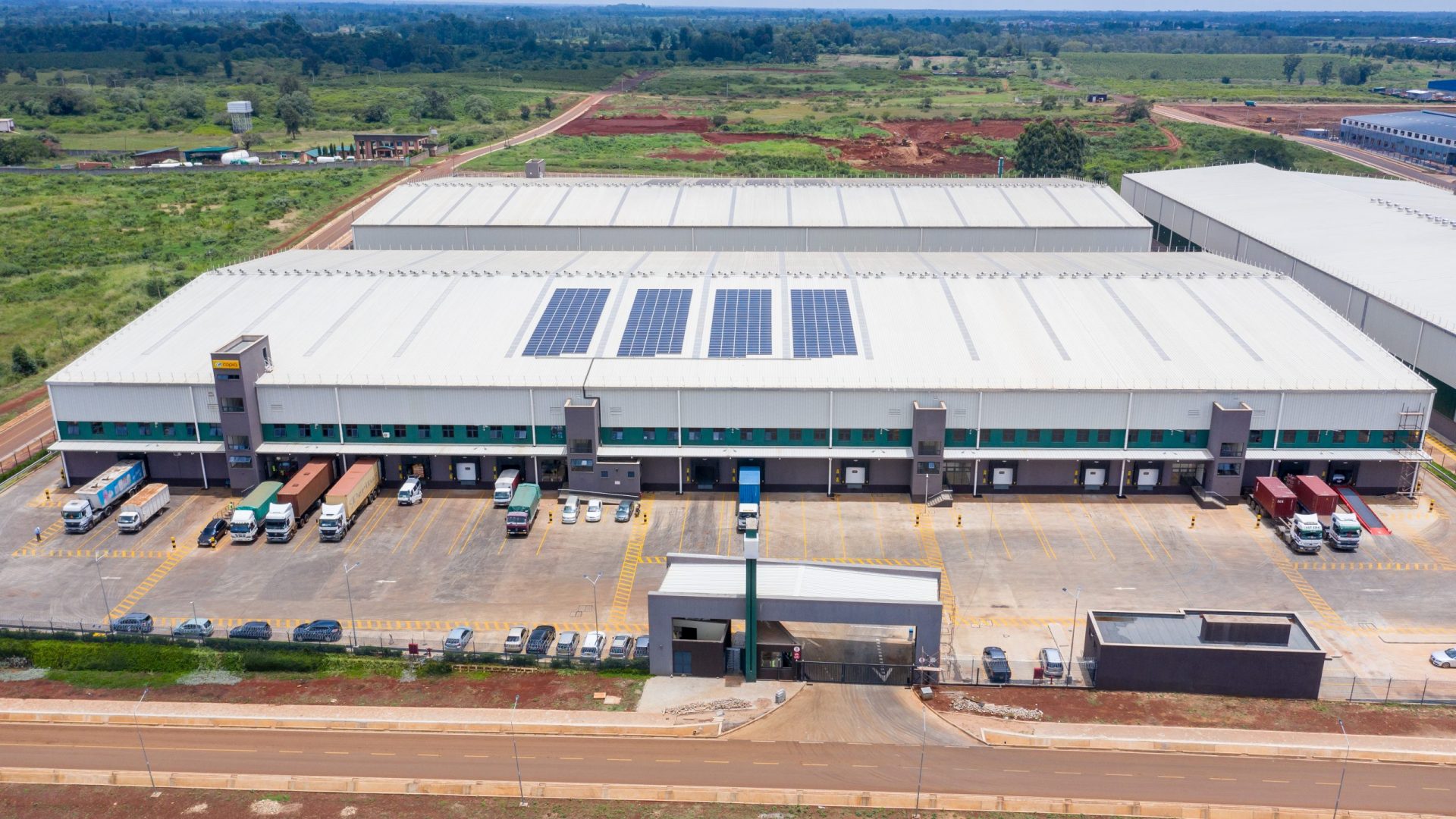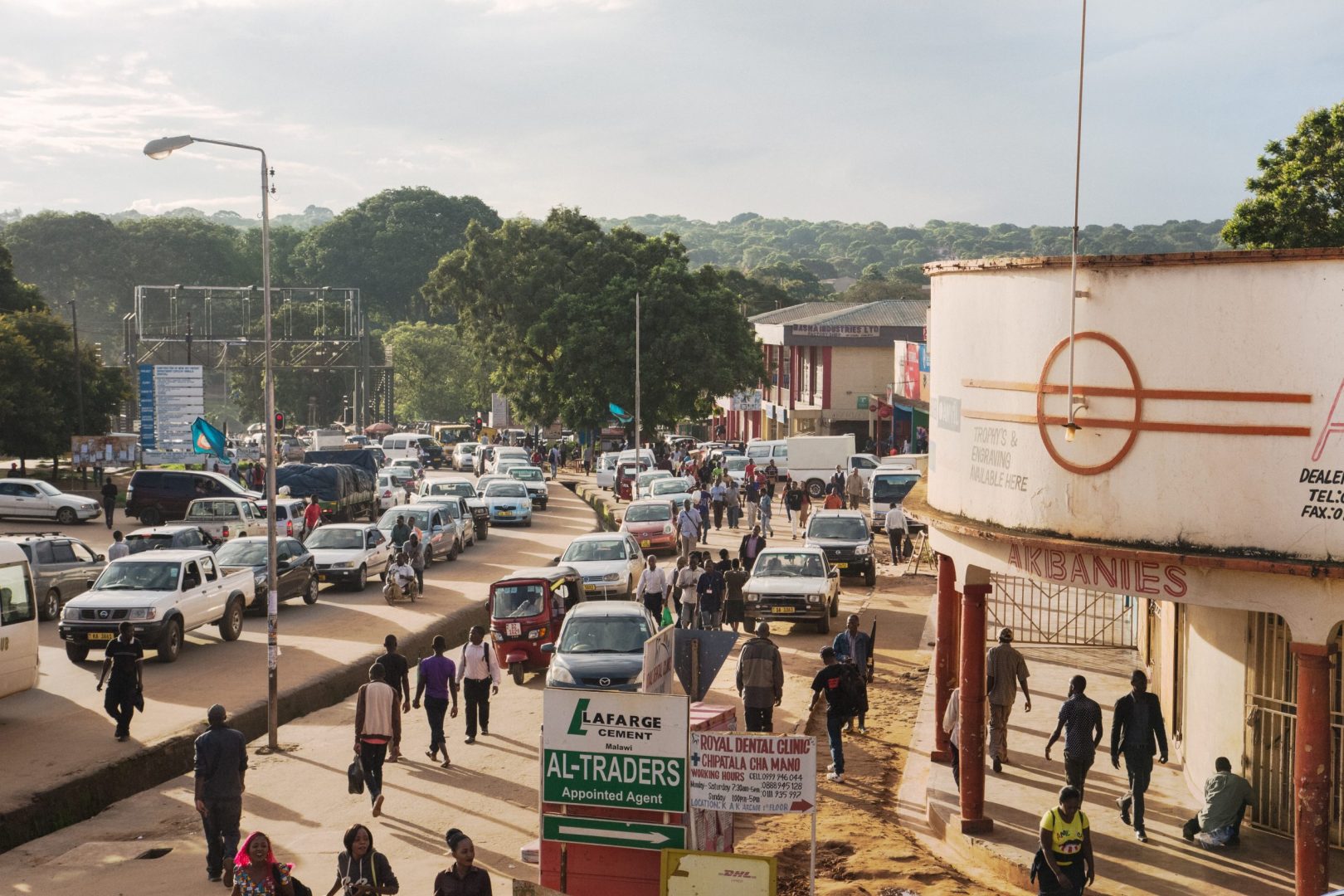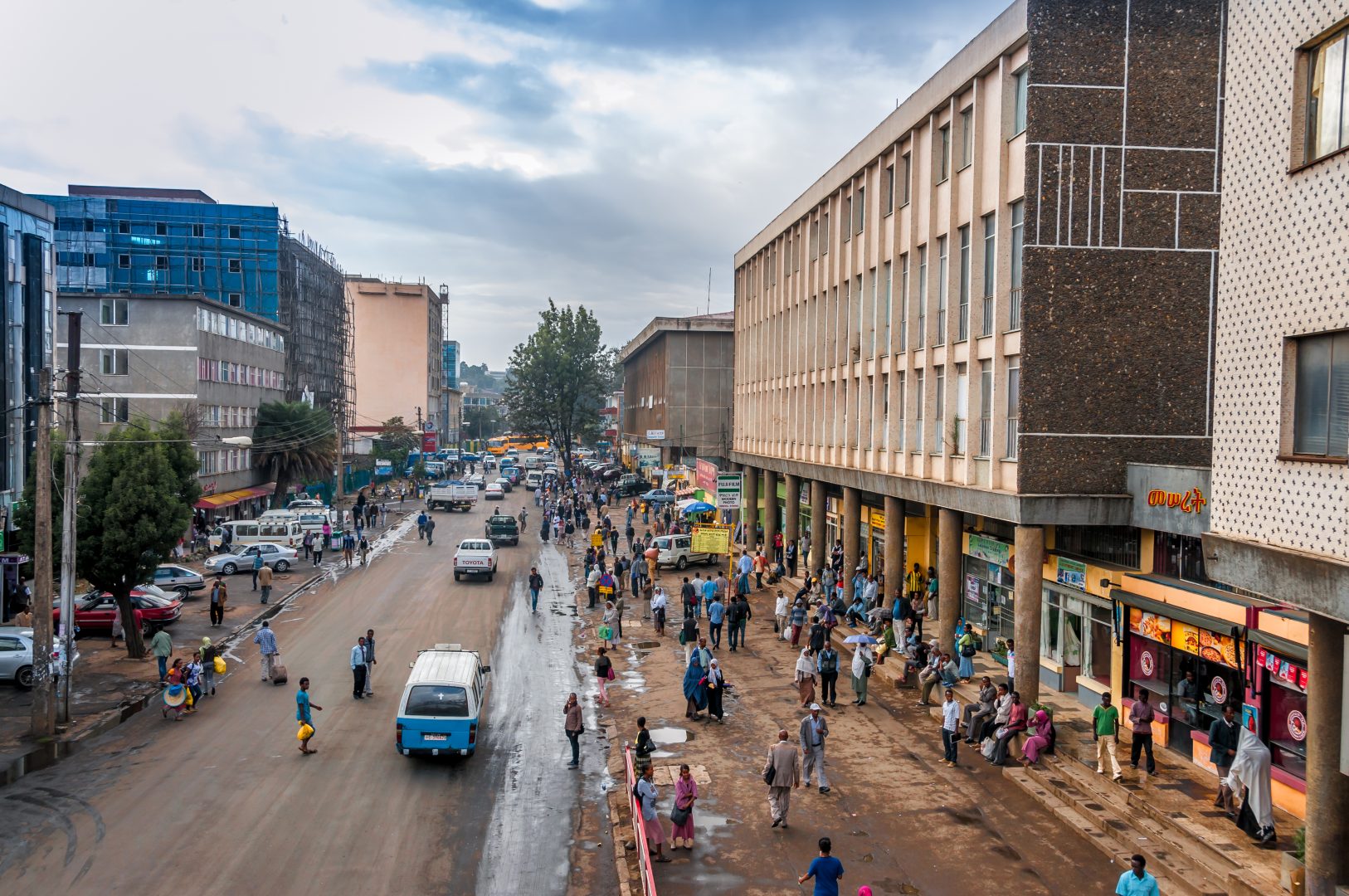Reflections from the UK-Africa Investment Summit
Last week’s UK-Africa Investment Summit brought together a wealth of businesses, governments and international institutions to showcase and promote the breadth and quality of investment opportunities across Africa. Involving over 800 delegates, 21 African countries, dozens of side events, and hundreds of meetings, the summit meant that 2020 started with a bang. Having invested in Africa for more than 70 years it was fantastic to have this issue placed high on the UK agenda. We were proud to both contribute to and learn from discussions throughout the week. Here are some of our takeaways, and you can also read some personal reflections from our CEO Nick O’Donohoe.
Now is the time to invest in Africa
“The key question is not whether you can afford to be in Africa today, but whether you can afford to not be there in five to ten years’ time”. At the UK-Africa manufacturing event, one of the summit’s side events, Unilever CEO Alan Jope made the business case for investing in Africa clear. More than half of global population growth between now and 2050 is projected to occur in Africa; the time to invest in that potential is now. His remarks set the tone for a message that was echoed across the summit.
And the reality is that investing in Africa is more than a business opportunity; it’s essential for long-term development too if we’re to meet the estimated $500 billion – $1.2 trillion annual funding gap required to implement the goals for Africa.
Impact investing (and its potential for Africa) is gathering momentum…
The global impact investment movement is gathering momentum; DFIs like CDC play a big part of this, and now account for just over a quarter of total assets under management by impact investors worldwide (GIIN, 2019).
In the summit’s responsible investment plenary session, Michele Giddens OBE, Co-Founder of Bridges Ventures and Non-Executive Director on the Board of CDC, spoke of a ‘quiet revolution’ in the finance sector. Investor attitudes are shifting from focussing purely on maximising risk-adjusted returns, to also acting on responsibilities to society, to people and to planet. And this theme has continued beyond the summit, with global investors like BlackRock announcing intentions to channel investment towards climate and more responsible companies.
This so-called revolution is of critical importance in relation to Africa, where the impact investment market has a significant opportunity to contribute to the continent’s economic growth and development objectives.
…thanks, in part, to the SDGs
It was evident throughout the summit that the SDGs are becoming a shared language between different stakeholders to describe the development challenge in Africa. The goals were referenced by government, companies and investors alike, and were the focus point of some discussions.
The untapped potential of women in Africa is clearer than ever
Events like ‘Start-Up Night Africa’, hosted by the Lionesses of Africa and the UK Government, helped to amplify the presence of Africa’s female entrepreneurs at the summit.
There was also increasing recognition that driving more investment in Africa will only become a reality if more is done to tackle issues of gender imbalance. The question of how UK investors and corporates can promote women-owned businesses in supply chains was a key area of focus at the gender roundtable that CDC’s Non-Executive Director Laurie Spengler co-hosted with Africa Trade Commissioner Emma Wade-Smith during the summit. Productive discussions such as this highlighted the growing appetite to implement gender-smart practices within business operations across the continent.
Opportunity not need moves capital – and Africa’s infrastructure presents an opportunity
As Nick O’Donohoe, our Chief Executive, pointed out in the run up to the summit, infrastructure is a sector where ‘investment opportunity and need’ are converging. Investment in infrastructure will help to remove some of Africa’s major constraints to growth; there are more than 600 million people in Africa living without access to affordable and reliable electricity. This also presents opportunities for UK investors to support the rollout of African projects while making a commercial return. The decision to focus an entire day on this sector at the Sustainable Infrastructure Forum was a clear demonstration of the UK’s belief of investment potential within this sector.

